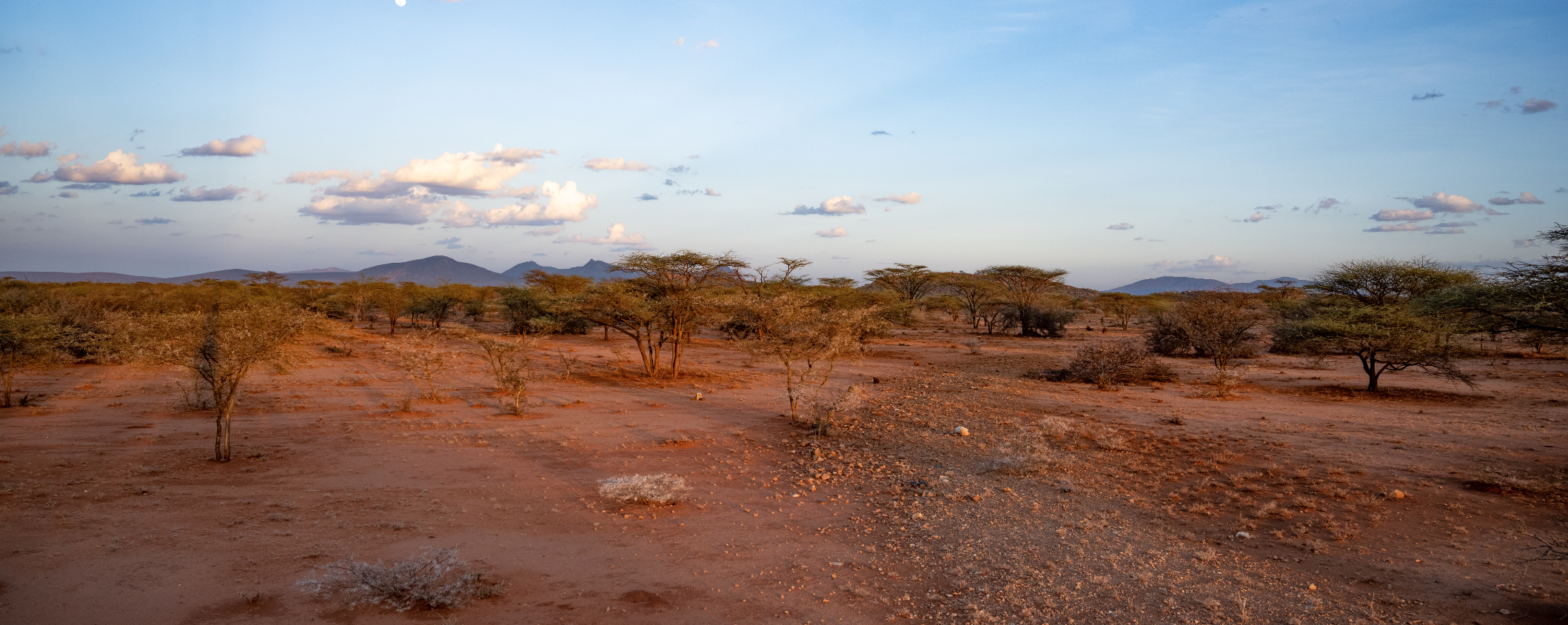
Steering Committee
Background
The inaugural CA4SH Steering Committee was formed and launched in 2023. It is established to provide guidance and strategic direction for activities that improve soil health globally.
Membership background of the Steering Committee is reflective of the diversity of voices across CA4SH.
The Steering Committee met for the first time in two sessions on 18th and 25th October 2023 to outline a way forward for the Committee and the Coalition.
The key responsibilities of the Steering Committee are to:
Provide guidance and strategic direction for CA4SH.
Help build partnerships and identify opportunities for collaboration.
Provide expert input to help achieve CA4SH’s four main goals.
Link to strategic fundraising opportunities.
Monitor progress and impact of soil health activities implemented under CA4SH.
Advocate for CA4SH’s mission.
Current Steering Committee Members
-

Sasha Alexander, Policy Officer, UNCCD Secretariat
-

Martina Fleckenstein, Global Policy Director, Food, WWF International
-

Dr. Zakir Hussain, Senior Thematic Lead - Science Research, RySS / Government of Andhra Pradesh
-

Dr. Bharat Kakade, President & Managing Trustee, BAIF Development Research Foundation, Pune India
-

Dr. David Kamau, Director, Natural Resource Management, Kenya Agricultural and Livestock Research Organization
-

Dr. Rattan Lal, Distinguished University Professor of Soil Science, C-MASC | Ohio State University
-

Dr. Paul Luu, Executive Secretary, 4 per 1000 Initiative
-

Vincent Makiyi, Managing Director, Agri-Impact Malawi
-

Prof. Pamela Mbabazi, Chairperson, National Planning Authority of Uganda
-

Dr. Cristine Morgan, Chief Scientific Officer, Soil Health Institute
-

Phrang Roy, Coordinator, The Indigenous Partnership for Agrobiodiversity and Food Sovereignty
-

Sieg Snapp, Sustainable Agrifood Systems Program Director, Sustainable Agrifood Systems Program (SAS), International Maize and Wheat Improvement Center (CIMMYT)
-

Henk van Duijn, President & CEO, International Fertilizer Development Center
-

Roland van der Vorst, Head of Innovation Rabobank & CEO Rabo Carbon Bank
-

Dr. Leigh Winowiecki, Theme Leader: Soil and Land Health, CIFOR-ICRAF
-
Casper Zulim de Swarte, Senior Manager, Advocacy Food & Agriculture, World Business Council for Sustainable Development
Former Steering Committee Members
-

Tom Williams, World Business Council for Sustainable Development
(2023 - 2025)
-

Kelly Witkowski, Inter-American Institute for Cooperation on Agriculture
(2023 - 2024)




